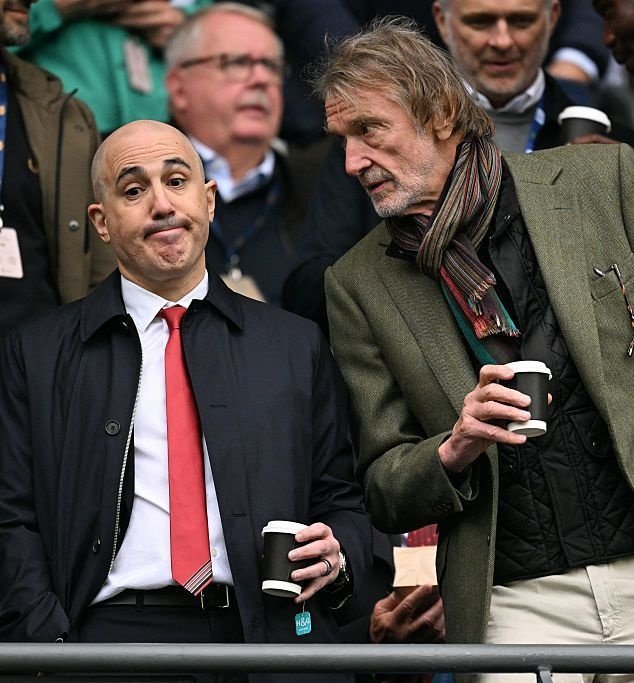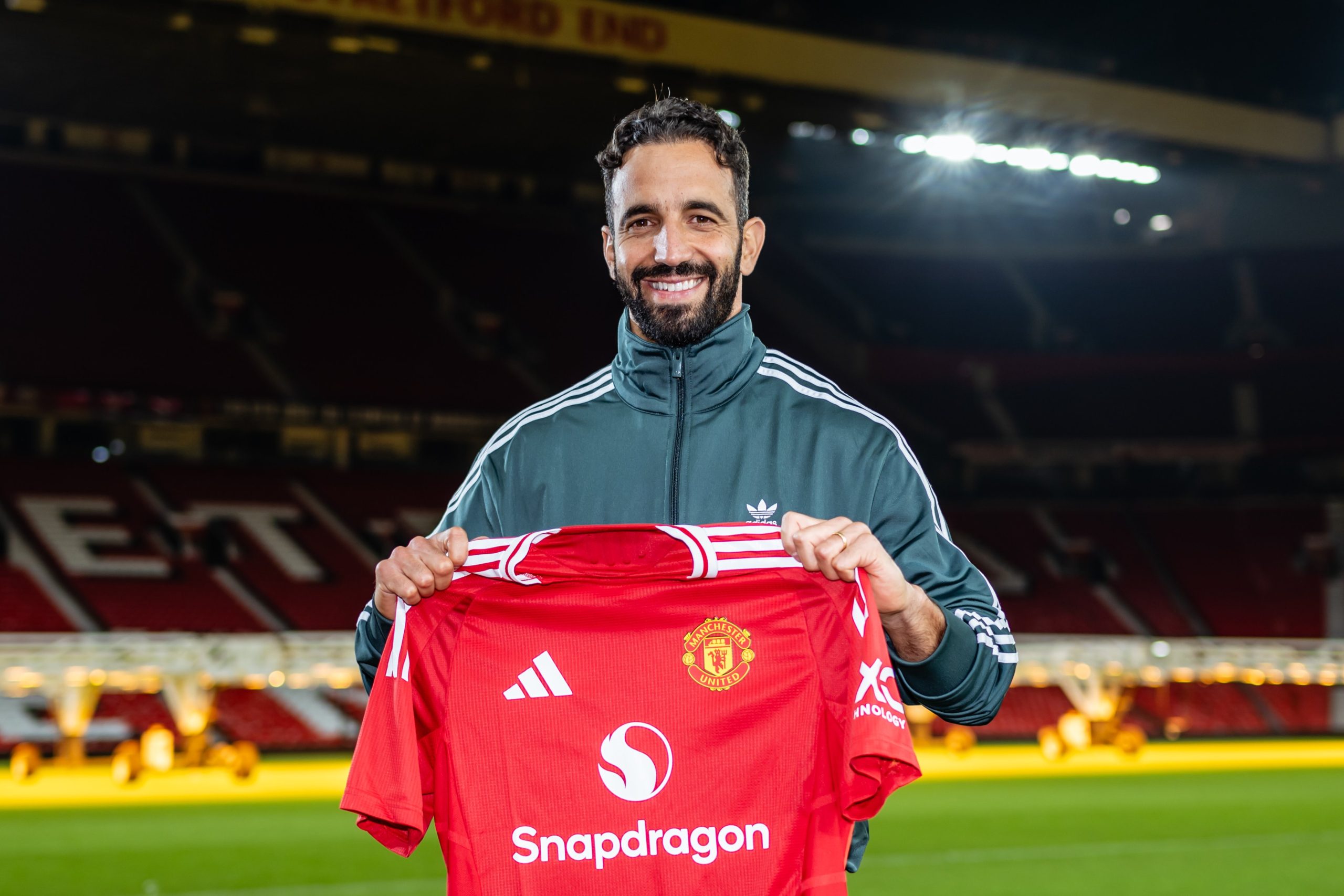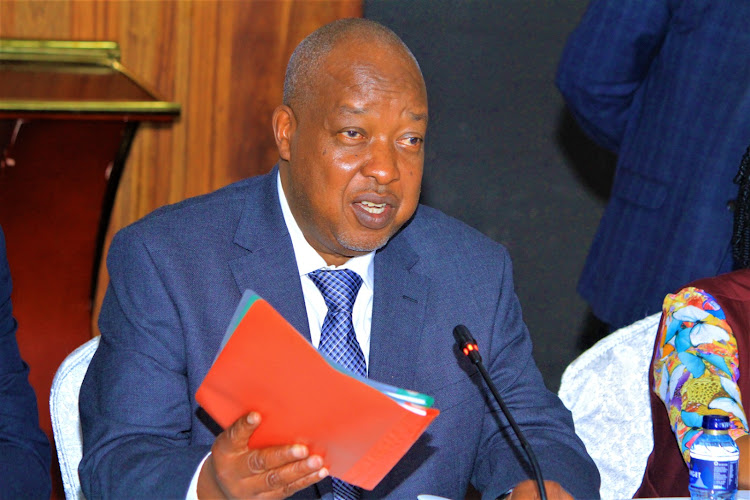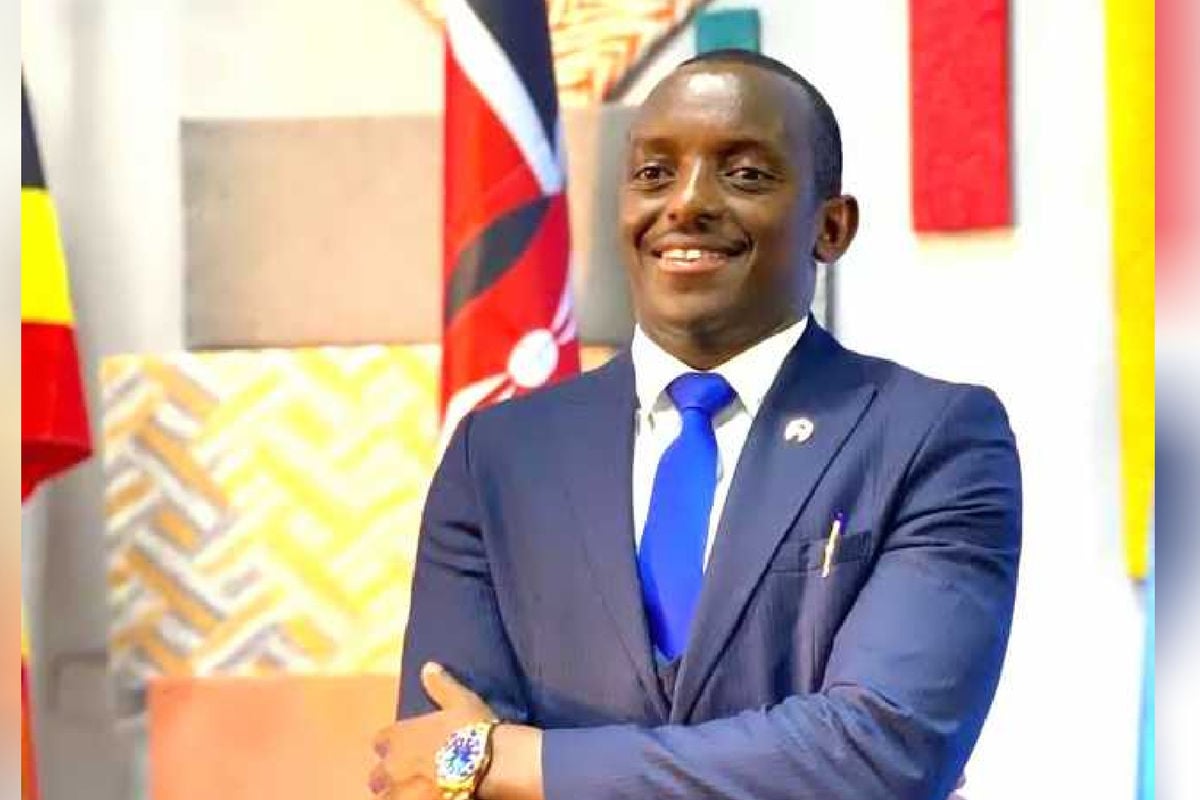After Manchester United’s 4-0 humiliation at Crystal Palace on May 14, 2024, club chiefs reached one conclusion a managerial change was needed.
The board began by shortlisting coaches with Premier League experience who favored the 4-3-3 system. Six names stood out: Thomas Tuchel, Mauricio Pochettino, Roberto De Zerbi, Thomas Frank, Marco Silva, and Graham Potter. Among them, Tuchel and De Zerbi quickly became the leading contenders.
Talks were first held with Tuchel, who impressed the United hierarchy with his tactical insight and leadership. However, the German coach wanted to take a short break following his turbulent spell at Bayern Munich and wasn’t ready to step straight back into management.
That made De Zerbi the club’s top target. United tabled an offer they felt was fair, but the Italian turned it down and the club decided not to push further.
At the time, Ruben Amorim wasn’t a primary option. The Sporting CP boss lacked Premier League experience, and United were keen on someone already familiar with English football. Still, Amorim’s name along with Bologna’s Thiago Motta kept resurfacing in conversations between technical director Jason Wilcox and various agents and coaches.
Wilcox eventually reached out to Amorim and was deeply impressed, though he felt managing Manchester United might be too big a leap for the young Portuguese coach at that stage.
With no perfect alternative available, United decided to stick with Erik ten Hag. Just two weeks after lifting the FA Cup, the Dutchman was informed he would remain in charge. The club extended his contract to reinforce his authority among players, but only on the condition that he revamped his coaching staff — a demand he accepted.
During the summer, United’s player signings were largely opportunistic, as their new football structure was still settling in and transfer funds were limited.
However, by October, poor results had convinced the board that Ten Hag’s tenure was unlikely to succeed. They decided it was safer to act mid-season rather than wait until the summer, given that their backroom operations were now more stable.
That’s when CEO Omar Berrada leveraged his old Manchester City connections to contact Amorim’s agent, Raul Costa, and Sporting officials. Amorim’s release clause was set at €10 million, and he was open to listening.
Later that month, United’s key decision-makers Sir Jim Ratcliffe, Sir Dave Brailsford, Berrada, Wilcox, and Dan Ashworth met Amorim in Spain. The meeting lasted five hours.

Amorim laid out his tactical philosophy in detail: a preference for a three-defender system adaptable to different formations, built around versatile players. The board was captivated not only by his tactical acumen, but also by his charisma, emotional intelligence, and ability to communicate with both young and senior players.
The club viewed him as a three-to-four-year project, a long-term rebuild. Yet Amorim questioned the timing, asking, “Why now? Why not at the end of the season?”

United knew a mid-season change carried risks, but they believed it was an investment in the future. Starting early would allow Amorim to learn the club, players, and league before the next campaign.
Reflecting on that decision, Berrada later said:
“If Ruben had started on July 1, 2025, we wouldn’t have this knowledge. Those seven or eight months in the Premier League the struggles, the learning will benefit us enormously in the years ahead.”





